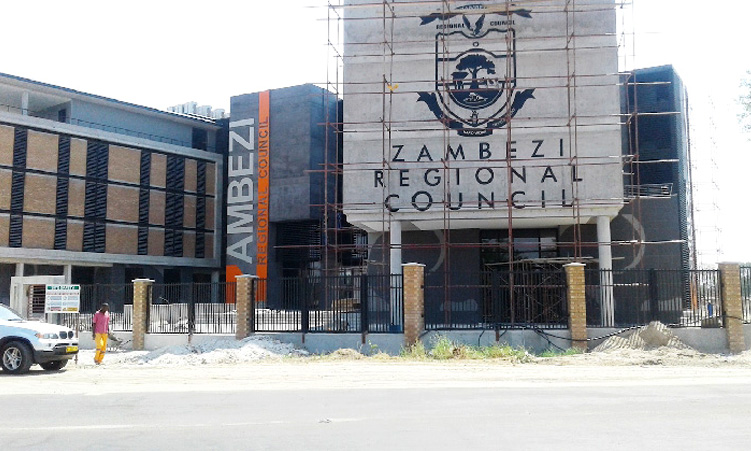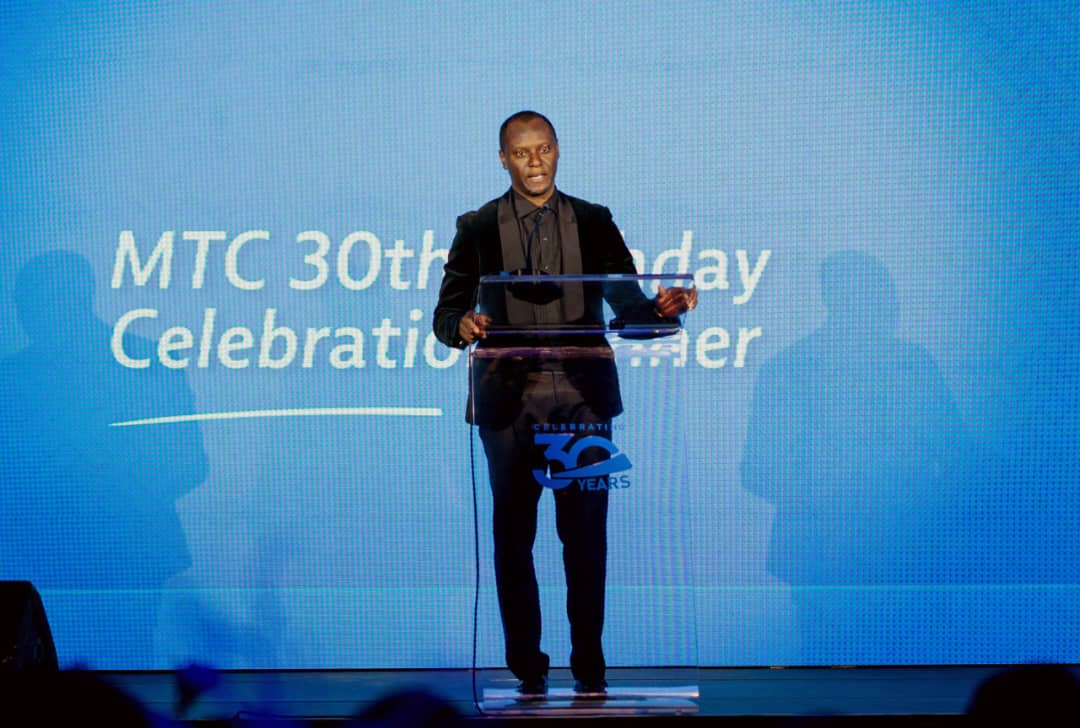AFRICA’s economic growth would slow further to four per cent this year as demand for hard and soft commodities was deteriorating, Donald Kaberuka, the president of the African Development Bank (AfDB), said last week.
Kaberuka told the annual meeting of the World Economic Forum in Davos that a wide range of bailout plans in developed economies meant Africa was unlikely to get the aid rich countries had promised by next year.
He said that since 2005, aid was down by about five per cent, compared with commitments made by developed nations.
The AfDB, the only multilateral development body devoted specifically to Africa, said in November that the region’s economy was likely to grow no more than five per cent last year, downgraded from the original estimate of 6,5 per cent.
‘Signals are not very encouraging. Demand for commodities are declining dramatically, both hard and soft,’ Kaberuka said. ‘Investment is quite quickly slowing down, even in extractive industries. Sectors which are dependent on international demand are contracting quickly.
‘Recession is too big a word for now. But I see a slowdown. We are likely to get gross domestic product of about four per cent. Anything below three per cent would imply the economy is growing below the demographic increase.
‘Rich countries are not up to the level of their promises even before the crisis. I’m not surprised now, with all the bailout problems, [that] there will be a big decline in aid.’
Kaberuka urged rich countries to look for a global solution to the global credit crisis, which has hit consumer spending and labour markets.
‘This is the big problem,’ Kaberuka said. ‘The world is looking for a national solution when it is a global problem. A global solution has to include emerging markets.’
– Nampa-Reuters
Stay informed with The Namibian – your source for credible journalism. Get in-depth reporting and opinions for
only N$85 a month. Invest in journalism, invest in democracy –
Subscribe Now!










